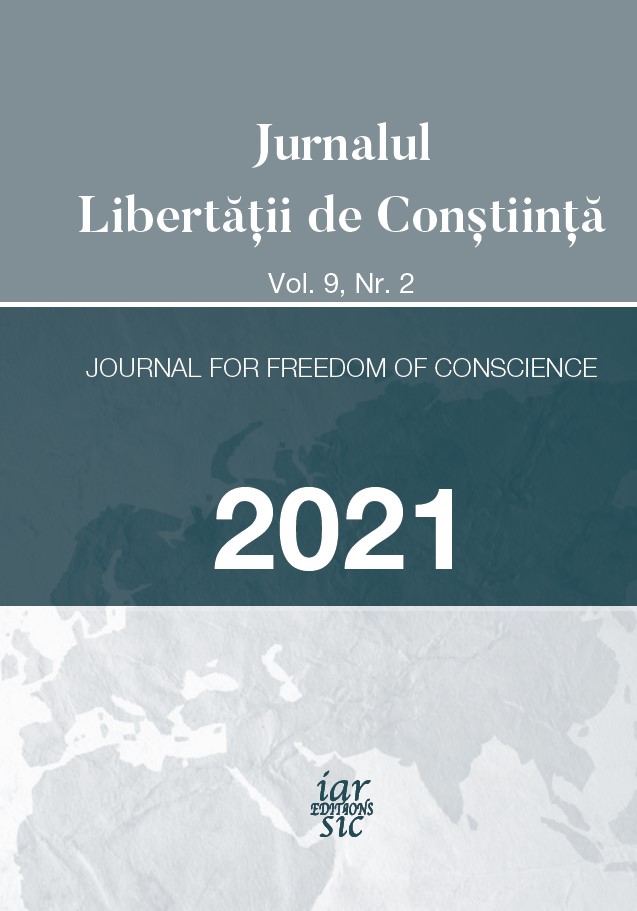THE NORMATIVE CHARACTER OF CREATION ORDINANCES AS THE FOUNDATION FOR HUMAN RIGHTS AND RESPONSIBILITIES
THE NORMATIVE CHARACTER OF CREATION ORDINANCES AS THE FOUNDATION FOR HUMAN RIGHTS AND RESPONSIBILITIES
Author(s): Daniel IstrateSubject(s): Human Rights and Humanitarian Law, Biblical studies
Published by: Editions IARSIC
Keywords: human rights; creation; origins; creation principles; sanctity of human life; sanctity of gender; sanctity of marriage; day of rest;
Summary/Abstract: It is acknowledged that our basic human rights must come from outside of man – man is born with them; and such rights are inherent, universal, normative, and interdependent. The best and only proper explanation for such rights is provided by the biblical worldview, and specifically by the story of creation in the first chapters of Genesis. Among other things, this foundational and constitutive narrative speaks to us of the sanctity of human life based on the Imago Dei, the sanctity of gender and of marriage based on the first pair of humans God created, and the sanctity of work and rest based on the pattern oft he creation week. Human rights and responsibilities properly stem from and depend upon these creation principles or ordinances, and such principles are in place for as long as this creation endures. However, man’s rebellion against these creation principles subverts the very rights man enjoys; and their interdependence warns us that they stand or fall together based on man’s respect for these ordinances, including setting aside a day for worship and rest.
Journal: Jurnalul Libertății de Conștiință
- Issue Year: 9/2021
- Issue No: 2
- Page Range: 492-505
- Page Count: 14
- Language: English

